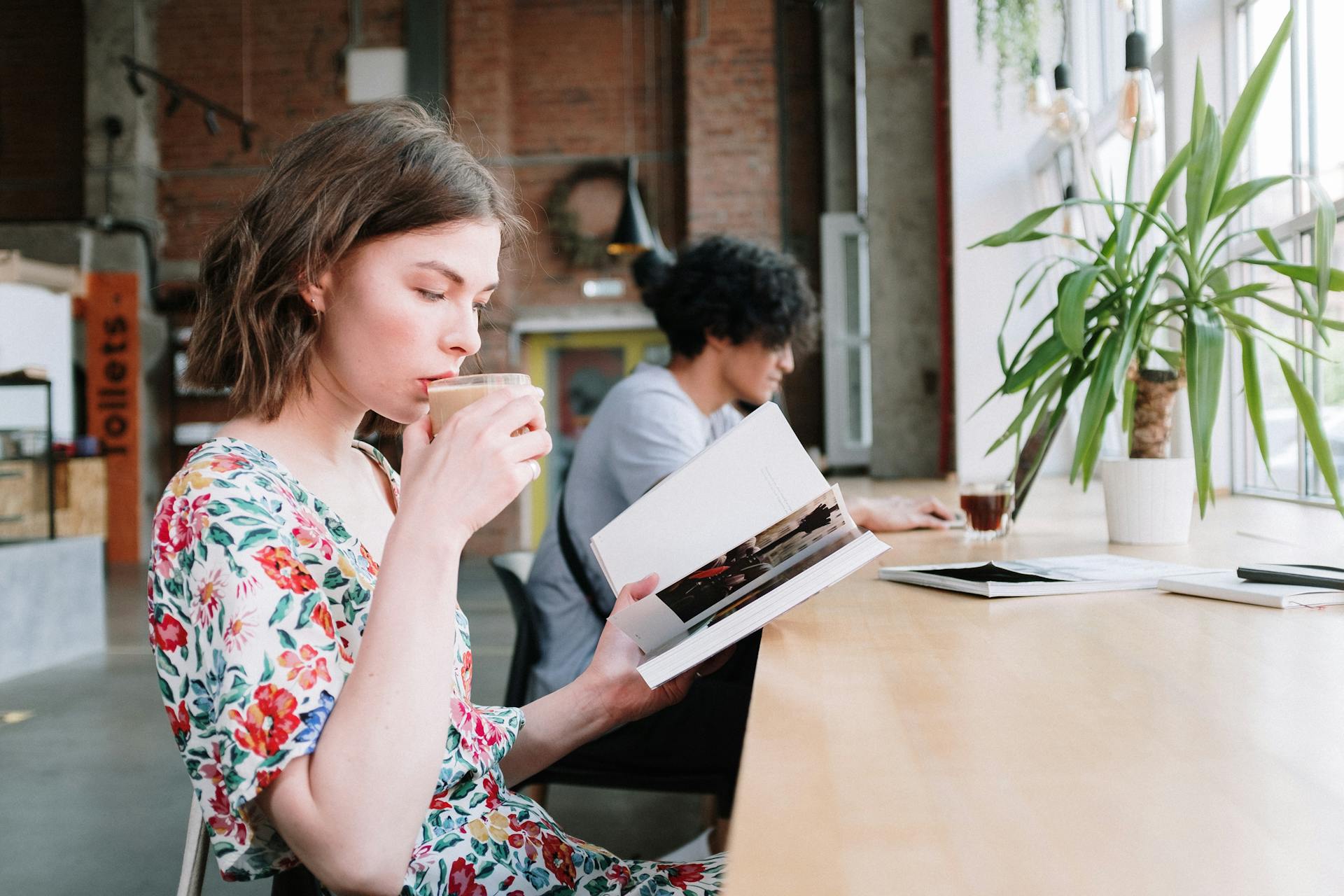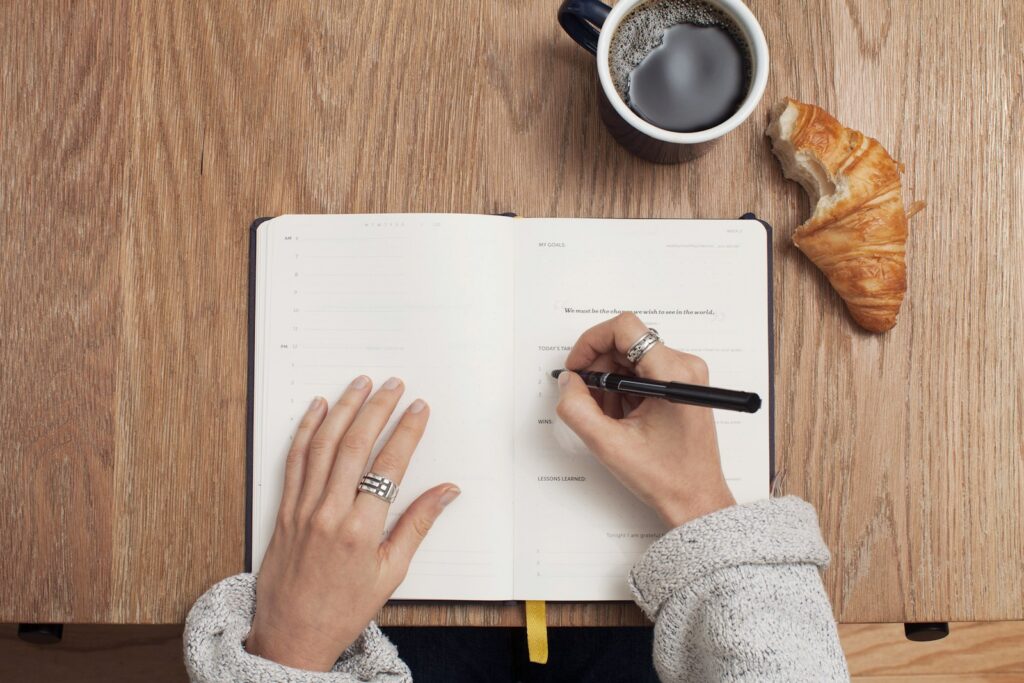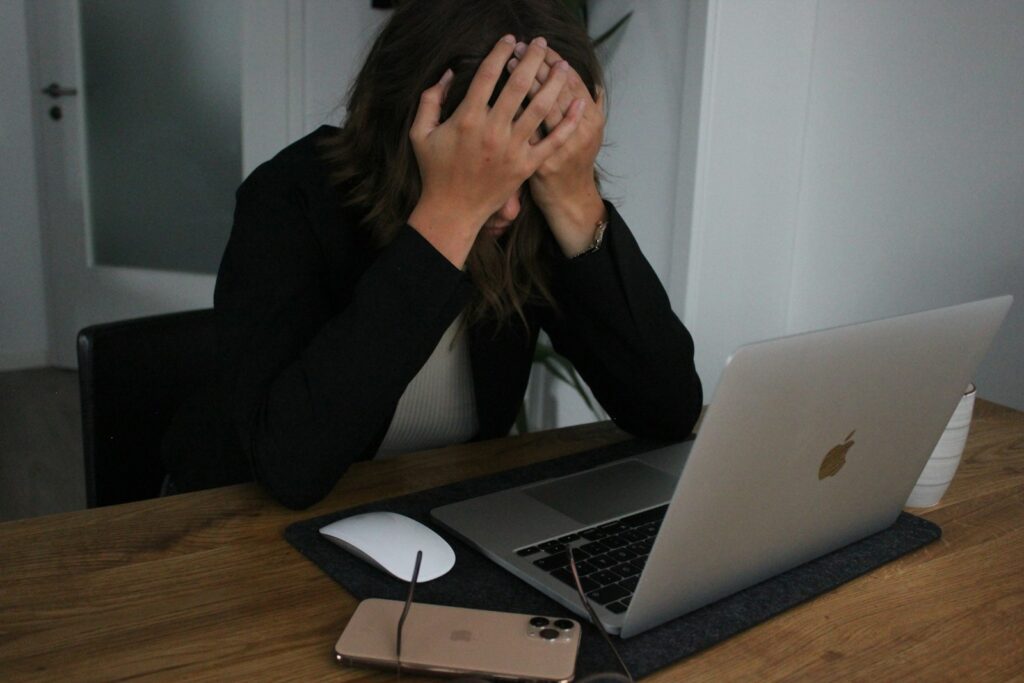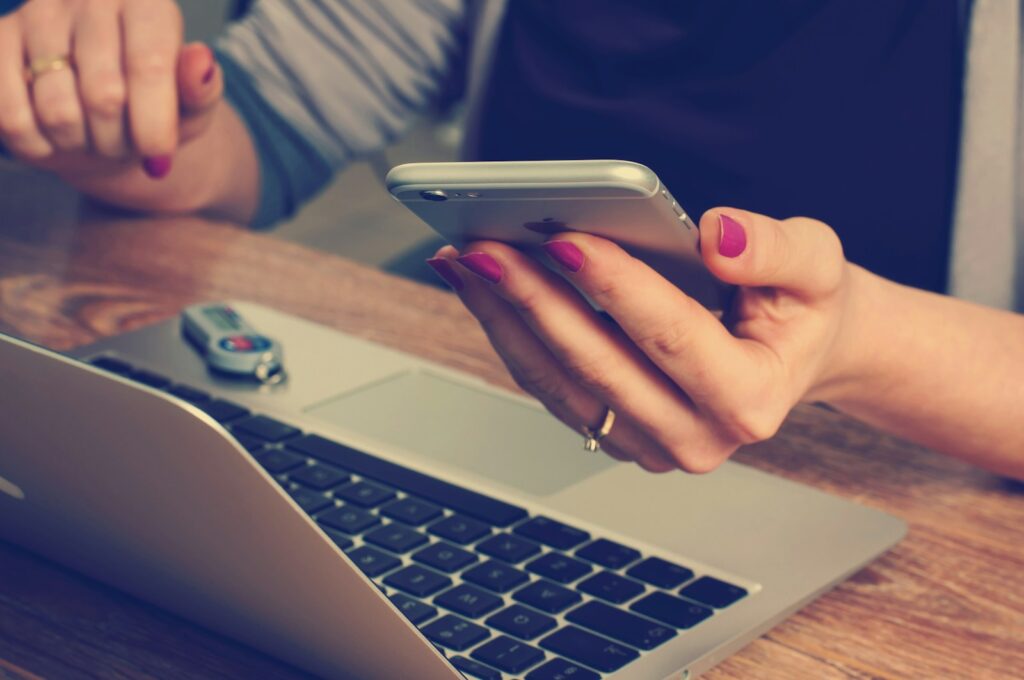We live in a world fueled by coffee cups, energy drinks, and pre-workout powders. While caffeine can sharpen focus and provide a temporary energy boost, too much of it can mimic or worsen the very symptoms associated with anxiety.
Racing thoughts, a pounding heart, or sudden jitters may leave you wondering: Is this anxiety, or just too much caffeine? Understanding the difference can help you make smarter choices for both your mind and body.
How Caffeine Affects the Body
Caffeine is a stimulant that blocks adenosine, a brain chemical that promotes relaxation and sleepiness. By doing so, it increases alertness—but at a cost. It also raises heart rate, elevates blood pressure, and can cause restlessness or insomnia. For many people, moderate caffeine consumption is harmless and even beneficial. But for those sensitive to it, or for anyone overdoing it, these effects can easily be mistaken for anxiety.
Listening to Your Body’s Signals
Everyone has a unique tolerance for caffeine, and the line between helpful stimulation and overwhelming anxiety looks different for each person. Pay attention to patterns—does one cup leave you clear-headed while two cups bring jitters?
Do certain drinks, like energy shots, hit harder than coffee? By observing how your body reacts, you can tailor your caffeine intake to your individual needs, rather than following a one-size-fits-all rule. Self-awareness is one of the simplest ways to keep caffeine working for you, not against you.
Read More: Why You Wake Up Tired (Even After 8 Hours)
Overlapping Symptoms: Anxiety vs. Caffeine Overload
Anxiety and high caffeine intake share a strikingly similar symptom profile. Both can cause:
- Rapid heartbeat
- Nervous energy or agitation
- Sweating or shaky hands
- Difficulty concentrating
- Digestive upset
If you’re experiencing these symptoms shortly after your third cup of coffee or an energy drink, caffeine may be the culprit. The key distinction is timing. Anxiety can occur at any time, triggered by stressors or even for no apparent reason, while caffeine-related symptoms usually follow consumption and fade as the stimulant leaves your system.
Read More: 7 Daily Habits That Boost Mental Resilience
When Caffeine Makes Anxiety Worse
Even if you have a diagnosed anxiety disorder, caffeine may amplify your symptoms. It can disrupt sleep, which is essential for managing stress, and heighten the body’s stress response. For some people, even small doses of caffeine can trigger panic-like symptoms. Reducing intake—or switching to alternatives like herbal tea—may significantly improve overall mood stability.
Practical Tips for Finding Balance
You don’t necessarily need to give up caffeine entirely. Instead, focus on balance and awareness:
- Track your intake: Note when you feel jittery or anxious, and how much caffeine you consumed that day.
- Cut off early: Avoid caffeine within six hours of bedtime to protect sleep quality.
- Try smaller doses: Opt for green tea or half-caf coffee to reduce stimulation without total withdrawal.
- Stay hydrated: Water helps your body metabolize caffeine more smoothly.
Making minor adjustments can help you enjoy the benefits of caffeine without suffering the anxious side effects.
The Takeaway
Caffeine and anxiety can feel nearly identical in the body, but careful observation and moderation can reveal the difference. If you’re frequently jittery, restless, or sleepless, reducing caffeine could be an easy first step toward feeling calmer and more in control.
Read More: The Science of Breathwork: How 3 Minutes Can Change Your Day




